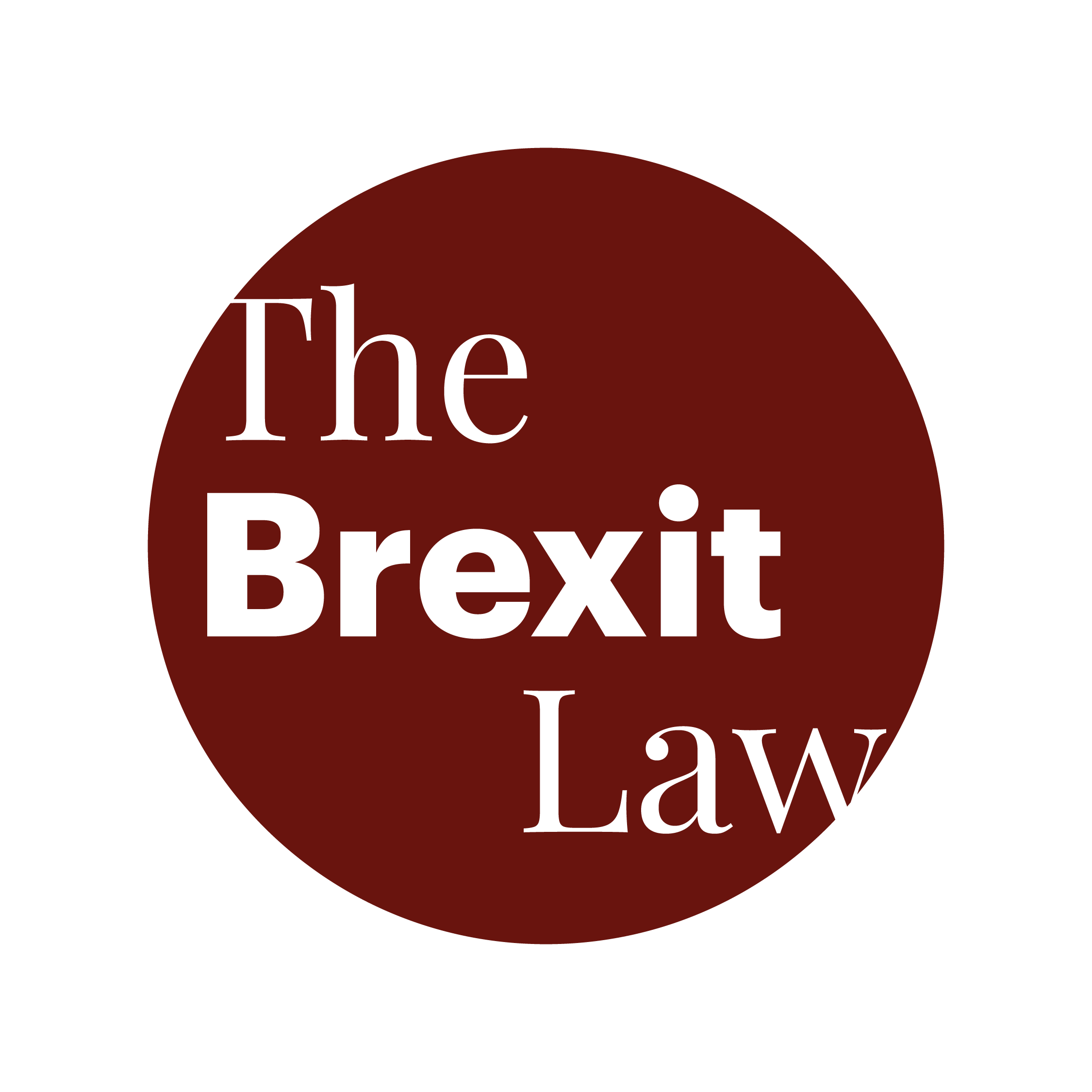On 22nd of December 2022, the Spanish Parliament approved the ‘Ley 28/2022, de 21 de diciembre, de fomento del ecosistema de las empresas emergentes’, or commonly known as the Start-Up Law.
The START-UP LAW is an ambitious piece of regulation bringing innovative measures at multiple levels, such as corporate, tax and immigration.
Before addressing the enhancements that the START-UP LAW makes to the Beckham Law, below, we first analyse in what this special tax regime entails.
What is the (so called) “Beckham Law”?
The “Beckham Law” consists of an optional special tax regime that enables foreigners who move to Spain to pay their income tax as non-Spanish residents, despite becoming de facto tax residents.
When does an individual become a Spanish Resident for Tax Purposes?
It should be noted that the rules that apply to consider whether an individual is Spanish resident for tax purposes are not linked to those that apply to determine the emigration status of an individual.
Individuals who either spend 183 days or more in Spain during a calendar year or their main base or centre of activities or economic interests in Spain will be deemed Spanish Tax resident and unless proven otherwise, takes place when the spouse and underage dependent children’s taxpayers permanently reside in Spain.
However, this test normally applies as a tie breaker rule, when it is necessary to interpret a double taxation agreement between two countries, to conclude in which country the taxpayer must pay their taxes.
What are the benefits that the Beckham Law provides?
Spanish Tax Residents pay taxes at a progressive tax rate from 19% to 47% depending on the amount of their worldwide income.
In contrast, Spanish non-tax residents - and therefore those within the scope of the Beckham Law - will pay taxes at a flat rate of 24% up to the amount of 600,000 Euros. If this is exceeded, a fixed rate of 45% will be triggered. However, this will only apply to Spanish income, leaving any income generated outside Spain to be levied at the corresponding foreign jurisdiction, except for employment income, which would be deemed to be obtained abroad in Spain where the taxpayer works remotely.
What are the enhancements that the Spanish Start-Up Law introduces to the Beckham Law?
The enhancements to the Beckham Law introduced by the Spanish Start-Up Law are the following:
Tax exemption for remuneration in kind.
According to the previous legislation, only the taxpayer who pays taxes as a Spanish tax resident, was able to exempt tax on the income received as a remuneration in kind. However, following the amendments made by the START-UP LAW that exemption is extended to non-Spanish residents – and therefore those within the scope of the Beckham Law
Extending the scope of its application.
The START-UP LAW extend the scope of the application of the Beckham Law, allowing to Digital Nomads, Highly Qualified Professionals, and those who provide services in the fields of research an innovation, pay taxes under this regime, provided they meet certain requirements.
In addition, the START-UP LAW also extend the scope of the application of the Beckham Law regime to the taxpayer's family members.
It reduces the tax period in which the taxpayer has not been Spanish tax resident.
The regime can be applied if the taxpayer was not a Spanish tax resident during the 5 years preceding the taxpayer’s relocation to Spain (as opposed to the preceding 10 years period previously required).
Who is eligible to apply for the Beckham Law Tax Regime?
- Professionals relocated to Spain because of an employment contract.
Company’s director.
This special tax regime continues to apply to those who relocate to Spain because of being appointed Director of a company.
However, according to the previous legislation, the director was required not to participate in the company (nor to have shares), or if they were participating in the company cannot be deemed to be connected to that company, according to the criteria established in Article 18 of the Spanish Corporate Tax Act. This limitation is removed unless the company is a real estate holding company.
- Professionals who work remotely, also known as “digital nomads”.
- Professionals relocated to Spain to carry out an activity qualified as an entrepreneurial-activity according to Article 70 of the Spanish Law called supporting entrepreneurs and their internationalization.
- Highly qualified professionals relocated to Spain to provide services to Start Ups.
- Professionals relocated to Spain to provide services in the fields of research development and innovation and the income received from those activities represents more than 40 % of their income of the taxpayer.
-
Taxpayer’s family members.
According to the previous legislation, family members of the main taxpayers who pay taxes and the Beckham Law regime were outside of the scope of this law.
However, the Spanish Start-Up Law establishes that the spouse and the children of the taxpayer, who are under 25 years old, as well as any disabled dependants regardless of age can pay taxes under the Beckham Law rules, so long they meet certain requirements.
If you want to be updated about this topic, send an email to london@scornik.com and you will receive the latest news.
Written by Laura Gallego Herráez.
Read more about Taxation.





